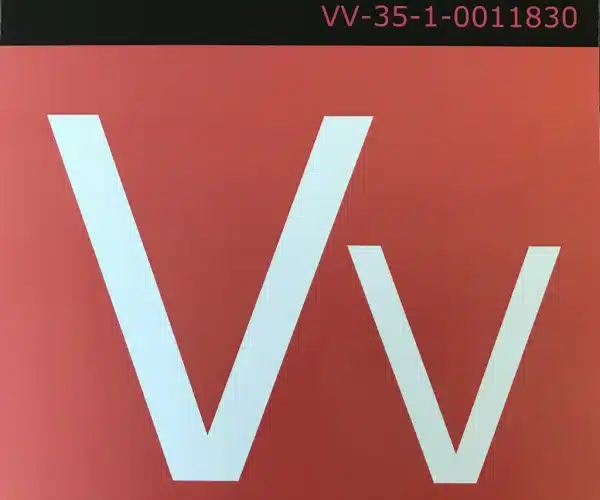Tourist tax in Mogán, Gran Canaria: a guide for vacation rental owners and hosts 2025
How to manage the tax in 2025
As of March 27, 2025, new legislation has come into effect in the Municipality of Mogán (Gran Canaria) that introduces a tourist tax. This measure affects all accommodations in the area, including viviendas vacacionales (vacation homes) booked through online portals such as Airbnb, Booking.com and the like.
What is the name of this law?
The tax was introduced through the “Ordenanza Fiscal Reguladora de la Tasa por Estancia Turística en el Municipio de Mogán, “ approved by the municipality and published in the Boletín Oficial of the Province of Las Palmas. It is the first municipal tourist tax in Spain, making Mogán a pioneer municipality in the national panorama.
What is the purpose of the tax?
- Fund public services and tourism infrastructure, including transportation, city cleaning, waste management and tourism promotion of the area.
- Promote sustainable tourism by balancing the costs resulting from high tourist flow with the economic contribution of visitors.
The tax burdens not just the mere pernation, but the provision of public services and activities related to the sustainability of tourism in the area.
How is the tax calculated?
The share was determined after a study of the costs attributable to tourism action, which account for 44.75 percent of the total population (including tourists and seasonal workers).
- Total estimated daily cost: €3,330.38
- Divided by 21,575 average occupied seats: €0.15 per person/day
How is the tax collected?
The tax is collected directly by the hosts or managers of tourist facilities:
- Can be included in the final price or requested separately upon arrival
- It is recommended to inform the guest at the time of booking
Should a receipt be issued?
Yes. The operator must:
- Record the amount collected
- Give a receipt to the customer marked “tasa turística”
- Retain data for possible audits
Where and when do you pay the tax?
- Payment: to the Municipality of Mogán through the Oficina Virtual Tributaria de Gestiona Mogán
- Deadlines: April 1-20 and October 1-20
- Tool: standard self-assessment form
Penalties for non-payment
- Recargo of 5% if late but before enforcement proceedings
- Recargo of 10% or 20% if enforcement proceedings initiated
- Criminal penalties in serious cases (embezzlement)
Other useful information
- Fee is finalist: earmarked exclusively for tourism services
- Variable amount: based on the number of tourists and expected costs
- No benefits provided
- More than 48,000 people use municipal services, 21,574 of them tourists
Conclusion
Mogán’s tourist tax aims to improve tourism management and reduce the deficit caused by tourism. It is an innovative, sustainable and necessary measure. To adapt now signi




